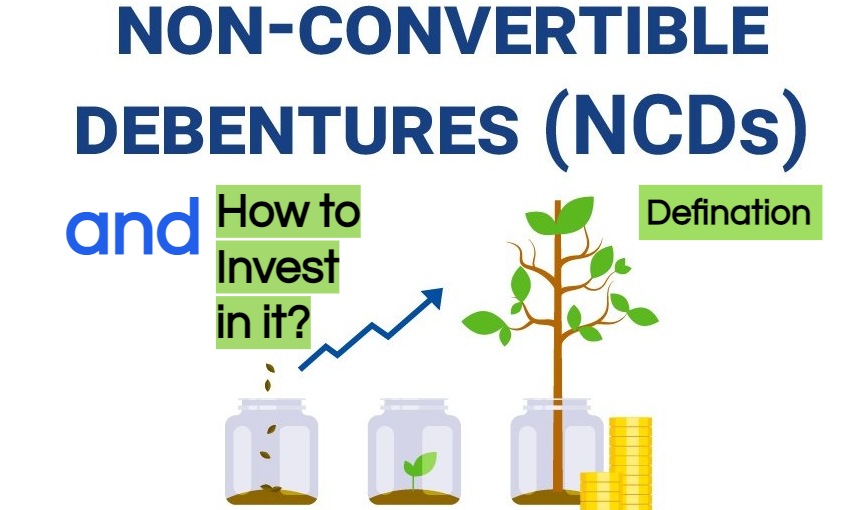One of the most important inputs for any business is capital. Irrespective of its scale and sector, every business requires capital for various purposes – from purchasing capital assets to funding its operations, servicing its debts to paying the salaries of its employees.
When corporations face a dearth of capital, they can turn to different avenues for raising capital, including debt capital.
In this article, we shall discuss two of the prominent instruments of debt issued by corporations, namely bonds and Non-convertible Debentures (NCDs). We shall also delve into the major differences between bonds and NCDs.
What are Bonds?
Bonds are a type of debt instrument issued by corporations or by the government. Classified as a fixed-income security, bonds carry a predetermined rate of interest commonly referred to as the coupon rate.
The maturity period of bonds, also known as tenure, is also fixed. While the issuer of the bond gets funds from the buyers of the fund and uses it to bridge its capital gap, the buyers receive interest as a return. There are various types of bonds, including:
- Government bonds
- Corporate bonds
- Municipal bonds
- Tax-free bonds
- Capital Gain bonds, etc.
You can invest in bonds through their issuer when the bond issue is live. You can also invest in bonds in the share market when the issue has closed and the bonds are listed on stock exchanges. Another way to invest in bonds in share market is through a mutual fund.
What are Non-convertible Debentures?
Non-convertible Debentures or NCDs are another type of debt security. Issued by companies seeking to raise debt capital from the public, NCDs carry a fixed rate of interest and a fixed tenure.
After the expiration of the tenure of an NCD, the issuing company returns the principal to the investor (while the interest is paid periodically).
The reason NCDs are termed as non-convertible is that they cannot, at any point of time, be converted into equity shares. There are three major types of Non-convertible Debentures, namely
- Secured NCDs
- Unsecured NCDs
- Callable NCDs
In order to invest in a new issue or NCDs, you must purchase the bonds from the issuing company. For investing in such Debenture bond after the closure of the issue, you can purchase them at the prevailing market price from the securities market.
Major Differences Between Bonds and Non-convertible Debentures
There are several similarities between bonds and Non-convertible Debentures owing to the fact that both are instruments of debt. Both instruments carry a fixed rate of interest (except for floating bonds) and a fixed tenure. The following table highlights the major differences between bonds and Non-convertible Debentures.
| Point of distinction | Bonds | Non-convertible Debentures |
| Issuing entity | Bonds can be issued by corporations, financial institutions, and the government. | Non-convertible Debentures can be issued by corporations. |
| Option of conversion to equity shares | Convertible bonds can be converted into equity shares as per the terms mentioned in the bond issue. | Non-convertible Debentures cannot be converted into equity shares. |
| Degree of risk | Bonds are perceived to carry a higher degree of risk as compared to Non-convertible Debentures. | NCDs, particularly secured NCDs, are considered to be less risky than bonds. |
| Tenure | The tenure for bonds is generally long and can extend to several years. | The tenure for NCDs is usually short to medium term. |
| Rate of interest | The rate of interest for bonds tends to be lower than the corresponding rate for NCDs. However, it depends on the issuer and the type of bond. | The rate of interest for NCDs is usually higher than that for bonds. |
To Sum it Up
Both bonds and Non-convertible Debentures are prominent sources of debt capital for corporations. Carrying several similarities and some differences, the two instruments have their own pros and cons. You can choose to invest in Non-convertible Debentures or bonds in the share market based on your investment goals and risk appetite.
